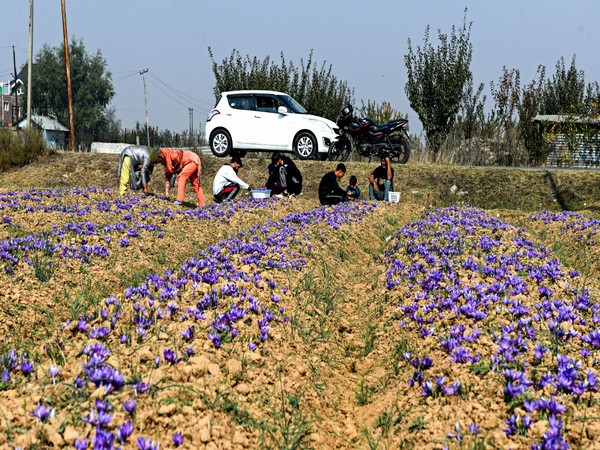India & ADB Sign $98 Million Deal to Boost Horticulture with Disease-Free Crops
India has signed a $98 million loan agreement with the Asian Development Bank to enhance horticulture crop productivity. The loan will establish disease-free planting systems, improving crop yield, quality, and climate resilience. The initiative aligns with India's Atmanirbhar Clean Plant Programme and involves collaboration with key agricultural bodies.

- Country:
- India
India and the Asian Development Bank (ADB) have entered into a $98 million loan agreement aimed at enhancing the productivity of horticulture crops in the country.
The funding, announced by India's Ministry of Finance, is designed to support the establishment of systems for certified, disease-free planting materials, ultimately boosting crop yields, improving quality, and strengthening resilience against climate change effects. The agreement, aligned with the Atmanirbhar Clean Plant Programme (CPP), was signed by Juhi Mukherjee, Joint Secretary of the Department of Economic Affairs, and Kai Wei Yeo of ADB's India Resident Mission.
Mukherjee stressed the critical role of plant health in enhancing farmer productivity, stating that ADB's financing will be pivotal in promoting healthier crops. Yeo noted the project aligns with India's CPP strategy, emphasizing improved plant health management.
The initiative includes developing a regulatory framework and institutional systems to successfully implement CPP for horticulture. Close cooperation with private nurseries, researchers, state governments, and growers' associations will ensure the project's success and durability. Additionally, clean plant centers will be established, equipped with state-of-the-art laboratories and staffed with qualified experts for disease diagnostics. These centers will maintain disease-free foundation materials and offer clean plant certification, ensuring high-quality planting materials for farmers.
This move is also seen as a measure to help farmers adapt to climate change, as rising temperatures are increasingly influencing pest and disease patterns. The Ministry of Agriculture and Farmers Welfare, along with the National Horticulture Board and Indian Council of Agricultural Research, will supervise the project.
(With inputs from agencies.)










